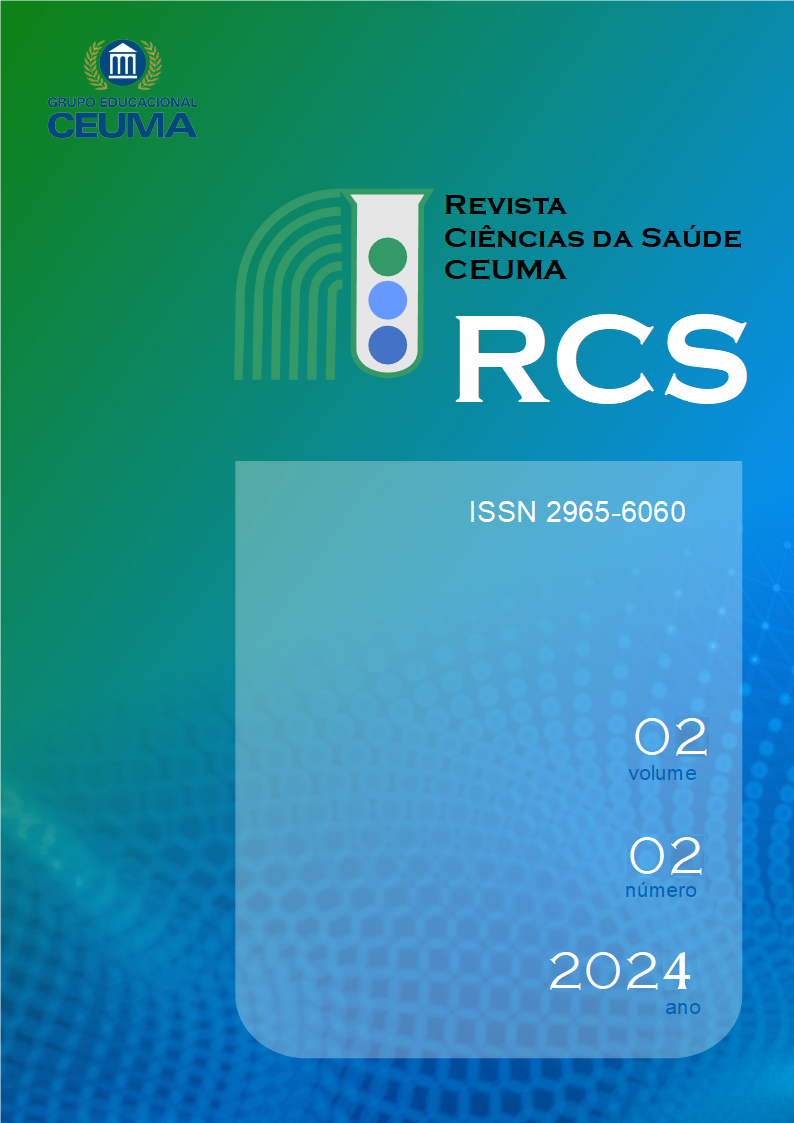The pediatric internship in practice fields facing the challenge of new medicine courses in the Federal District
DOI:
https://doi.org/10.61695/rcs.v2i2.45Keywords:
Medical schools, Medical internship, PediatricsAbstract
In Brazil, the National Curriculum Guidelines (DCN) for medical courses guide a competency-based curriculum, with a curriculum divided into three cycles: basic, clinical, and internship, during which students undertake practical training. In the Federal District (DF), the increasing number of medical schools has led to competition for practice sites in the health units of the Unified Health System (SUS). In the last biennium, the pediatrics internship at UNIEURO took place in three hospitals and one SUS basic health unit. The issue is that there are students from various colleges, who must be allocated to sectors and periods in order to avoid schedule conflicts. Thus, the purpose of this article is to contextualize how difficulties have been addressed. The general objective is to report on the educational experience lived by pediatric interns, facing the challenge of being the sixth medical school in the DF. This is a descriptive study, a type of experience report. It is concluded that the internship has provided experiences in various regions and units where services cater to a population with a variety of cases and social vulnerabilities depending on their location. One issue to be addressed is that internships have been predominantly hospital-centric, despite several attempts at government policies to promote this change. Therefore, it is necessary to expand the scenarios for pediatric internships to include Primary Health Care (PHC), as well as to structure points of primary, secondary, and tertiary care.
Downloads
References
Aith FM. A regulação do trabalho em saúde em tempos complexos e instáveis. Saúde e Sociedad. 2024; 32; (2): E230093. https://doi.org/10.1590/S0104-12902023230093pt
Bastos DF, Cunha AJ, Souza AN. A experiência de alunos do internato em medicina de família e comunidade na condução de entrevistas McGill MINI narrativa de adoecimento com pacientes crônicos com dificuldades de adesão ao tratamento. Revista Brasileira de Educação Médica. 2018; 42; (3): 16-26. https://doi.org/10.1590/1981-52712015v42n3RB20170047r2
Brasil. Ministério da saúde. Conselho Nacional de Saúde. Resolução nº 287, de 08 de outubro de 1998. Categorias profissionais de saúde de nível superior. Brasília, DF, 1998. https://bvsms.saude.gov.br/bvs/saudelegis/cns/1998/res0287_08_10_1998.html
Ferreira MJ, Ribeiro KG, Almeida MM, Sousa MS, Ribeiro MT, Machado MM, et al New national curricular guidelines of medical courses: opportunities to resignify education. Interface - comunicação, saúde, educação. 2019; 23: e 170920. https://doi.org/10.1590/Interface.170920
Goulart F. A Saúde no Distrito Federal tem Jeito. A formação médica e o Distrito Federal. 2023. Disponível em: https://saudenodf.com.br/2023/03/20/a-formacao-medica-e-o-distrito-federal/. Acesso em 10 de jan. 2024.
Nogueira MI. As mudanças na educação médica brasileira em perspectiva: reflexões sobre a emergência de um novo estilo de pensamento. Revista Brasileira de Educação Médica. 2009; 33: 262-270. https://doi.org/10.1590/S0100-55022009000200014
Souza RR, Vieira MG, Lima CJ. A rede de atenção integral à saúde da criança no Distrito Federal, Brasil. Ciência & Saúde Coletiva. 2019; 24: 2075-2084. https://doi.org/10.1590/1413-81232018246.09512019
Downloads
Published
How to Cite
Issue
Section
License
Copyright (c) 2024 Fernanda Vieira de Souza Canuto, João da Costa Pimentel Filho, Ana Paula Alves da Silva, Ana Lídia Bentes Amazonas, Marina Alves Noronha

This work is licensed under a Creative Commons Attribution 4.0 International License.

